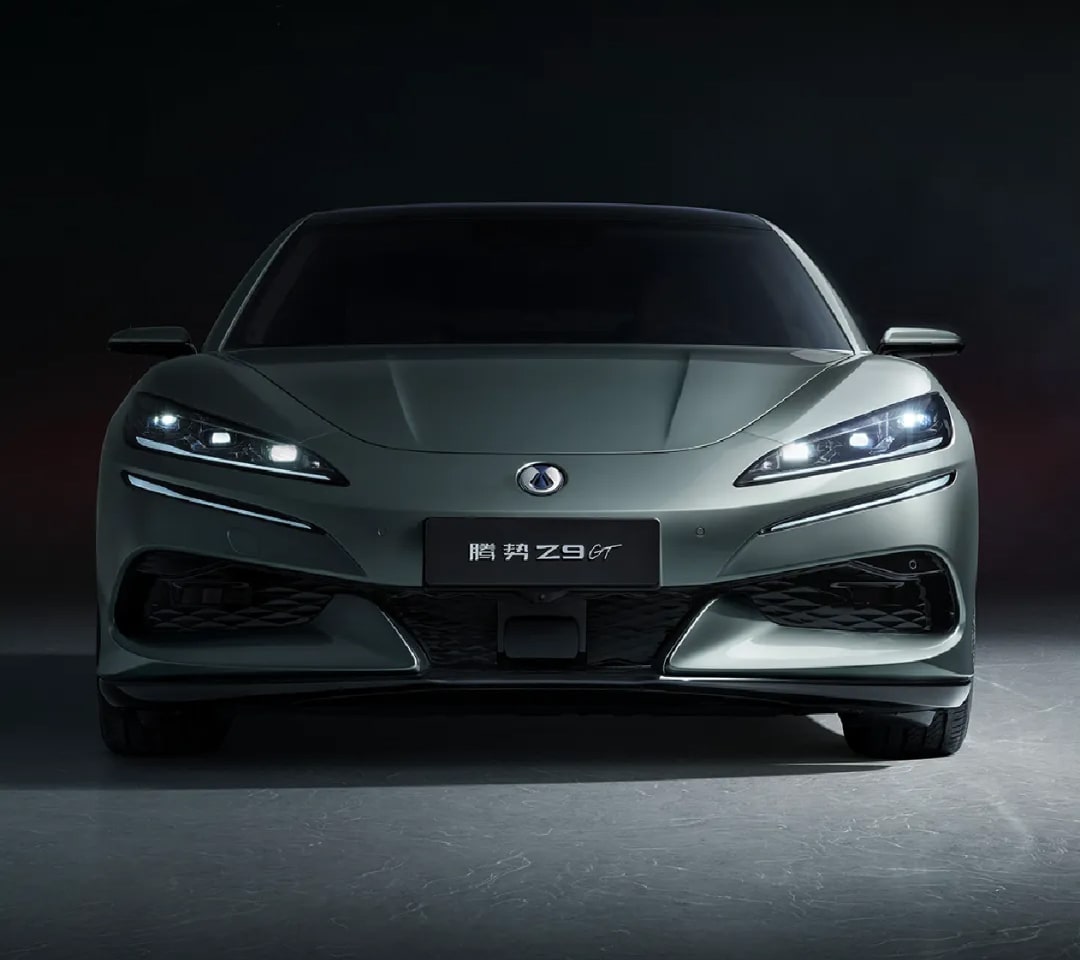Chinese electric vehicle giant BYD has launched an offensive to grab market share in Southeast Asia’s luxury automotive space, as other rivals from China begin to mount challenges in the region.
The Shenzhen-based EV company launched its Denza brand in Singapore on October 10 after a Cambodia rollout a few months earlier, eyeing other markets in the ten-member Association of Southeast Asian Nations (ASEAN) to export its cars.
ASEAN is the first region outside mainland China and Hong Kong where BYD is introducing its luxury lineup under the Denza label, targeting car buyers with deeper pockets who can afford paying the extra buck for added comforts.
The D9, the first model selling under the label in ASEAN, is marketed as a luxury multi-purpose vehicle (MPV) roomy enough for families with kids, and also touts features like a small fridge, massage chairs, and a premium sound system.
Including a levy for the right to own and operate a car required in Singapore, the D9 model has been priced at around SGD 300,000 (USD 230,000). The Alphard, a hybrid MPV made by Japan’s Toyota Motor, has a price list of around SGD 400,000 (USD 306,667), covering the levy as well.
“For every country or region, regarding the premium luxurious brands, there is always a demand,” Liu Xueliang, BYD’s general manager for Asia Pacific automotive sales, told Nikkei Asia in an interview in Singapore. “I actually believe that Denza will become like a very popular brand, like in any Southeast Asian country.”
Liu said BYD has slated Denza for a launch in Thailand later this year.
Moreover, in the same week as its Singapore unveiling, the company inked a distribution deal to bring Denza to Malaysia, where sales will begin next year at the “latest,” Liu said. The company is also targeting a 2025 launch for its luxury EVs in Indonesia.
Cambodia was the first ASEAN market Denza entered, as it uses left-hand drive cars like in China. BYD has to convert its Chinese models to position steering wheels on the right side before selling them in countries like Singapore.
The rush to introduce EVs in the luxury segment comes as BYD’s rivals from China mount a challenge. At an early October automotive show in Singapore, Chinese EV producers Xpeng Motors and Dongfeng Motor exhibited their wares for the first time.
Another EV company from China, Neta, is set to debut its vehicles in Singapore at the end of the year. The Economist Intelligence Unit, a research and analysis outfit, noted in January that the automotive maker has begun production at its first overseas EV plant in Thailand.
The research unit of Malaysia’s Malayan Banking in September noted that ASEAN is witnessing a spike in overall EV sales due to factors like favorable regulations and heavy investments by Chinese carmakers.
It highlighted that the value of EV sales across six ASEAN countries (Singapore, Malaysia, Indonesia, the Philippines, Thailand, and Vietnam) is expected to hit a high of USD 80–100 billion by 2035, at least a 40-fold jump from about USD 2 billion in 2021.
“Chinese EV company BYD, which has made significant inroads in Southeast Asia, saw its sales surge by 83% in Singapore in the first half of 2024 compared with total sales in 2023,” Maybank said in a report. “Its cars also made up 40% of Thailand’s EV sales in 2023.”
According to statistics from Singapore’s Land Transport Authority, up to August, BYD had the most number of new EVs registered for use on the city-state’s roads at more than 3,000. US rival Tesla saw around 1,500 registrations.
BYD is looking to introduce more models under Denza into ASEAN. It has a station wagon, the Z9 GT, which was showcased at its lavish Singapore launch on Thursday and attended by local celebrities and social media influencers.
Denza was a brand initially formed as a joint venture between BYD and Germany’s Mercedes-Benz with each having a 50% equity stake in 2010. BYD gradually increased its shareholding in the entity and completed a full takeover earlier this year amid mounting trade tensions between China and Europe.
According to BYD, orders for its Denza models have cumulatively hit 250,000 units internationally. Perry Siow, a real estate agent, was one of the first buyers of the D9 MPV in Singapore.
The 48-year-old Singaporean, however, does not rule out switching to another model down the road after his purchase of the Denza vehicle, highlighting the ambition of fickle car buyers in the city-state looking out for newer and better models.
“I was looking around for an MPV. I’m thinking like, to upgrade for a bigger car because of my family of two boys,” he told Nikkei. “If you ask anyone … usually every five years, every six years, they will change car.”
This article first appeared on Nikkei Asia. It has been republished here as part of 36Kr’s ongoing partnership with Nikkei.

